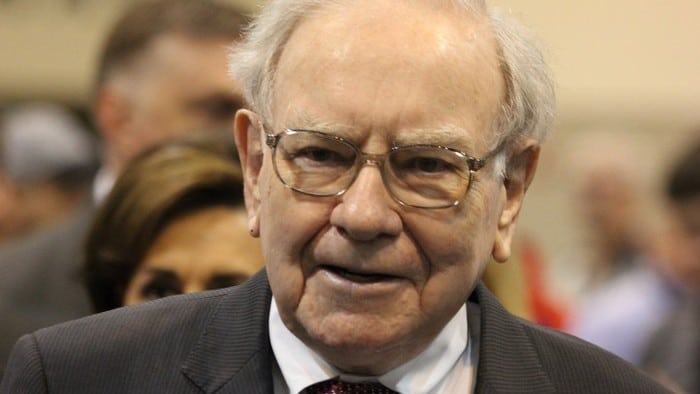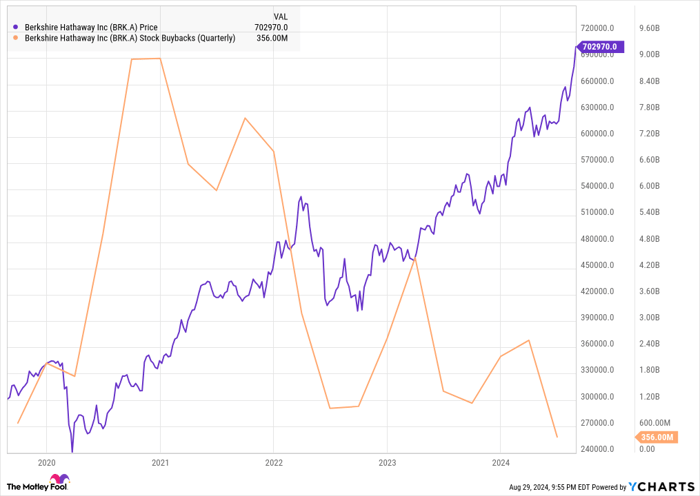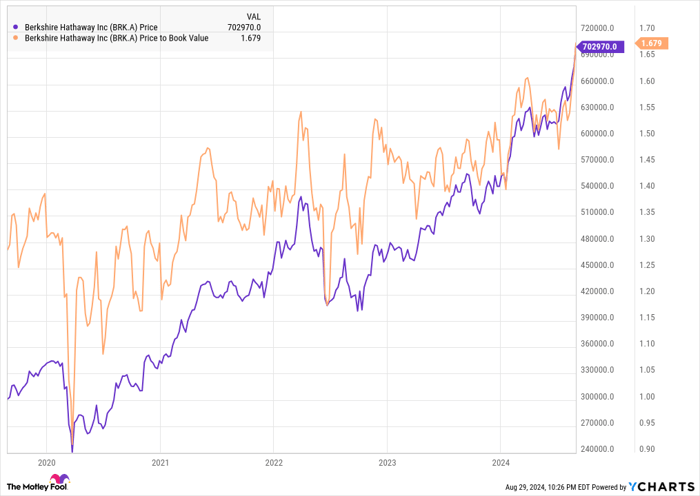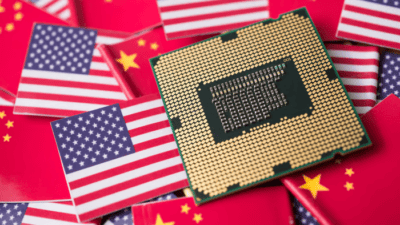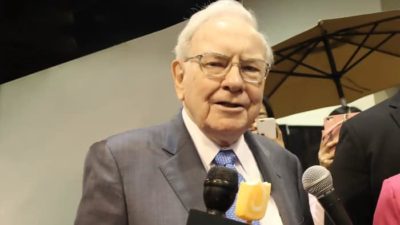This article was originally published on Fool.com. All figures quoted in US dollars unless otherwise stated.
This article was originally published on Fool.com. All figures quoted in US dollars unless otherwise stated.
We knew it was coming. We just didn't know when. Warren Buffett's Berkshire Hathaway (NYSE: BRK.A) (NYSE: BRK.B) conglomerate just hit a market capitalization of $1 trillion for the first time, joining rare air occupied only by Microsoft, Nvidia, Apple, Alphabet, Amazon, and Meta Platforms. In fact, Berkshire Hathaway is the only non-tech company on the exclusive list.
Most investors are probably familiar with Buffett's legend as Berkshire has delivered a compound annual return of 19.8% for nearly 60 years, trouncing the S&P 500 index in the process. $1,000 invested in Berkshire when Buffett took over would be worth more than $40 million today.
But is Berkshire stock a buy now? The company still possesses many of the attributes that have made it so successful, including a diversified collection of wholly owned, high-margin businesses like the BNSF railroad and GEICO insurance, as well as a stock portfolio directed by Buffett himself, the most admired investor in history.
However, there's one signal that now may not be the best time to buy Berkshire stock, and it's coming from a surprising place: Buffett himself. Keep reading to see why.
Buffett pumps the brakes on his favorite stock
Investors tend to focus on the stocks Berkshire owns in its portfolio, but there's no stock Berkshire buys more frequently than its own. The company changed its share buyback policy in 2018 from only repurchasing its stock when it was less than 1.2 times book value to authorizing repurchases when the price is "below Berkshire's intrinsic value, conservatively determined."
Since then, Berkshire's repurchases have soared with the company buying back roughly $75 billion worth of stock, or more than 200,000 of its high-value Class A shares.
However, as the stock has jumped this year, up 29.4% year to date, Berkshire Hathaway has pulled back on share buybacks. As you can see from the chart, Berkshire's repurchases fell to their lowest level in more than five years in the second quarter.
At the same time that repurchases have fallen, Berkshire's cash hoard has soared, reaching $277 billion at the end of June after the company dumped much of its stake in Apple, its biggest holding.
Instead of plowing that money back into the stock market or using it to buy back Berkshire's own stock, Buffett has just left it in Treasury bills on the balance sheet. Buffett himself has bemoaned high valuations on the stock market, and by holding $235 billion in T-bills while slowing share buybacks, he seems to be saying that earning a 5% yield from treasuries is a better return than he'd get from buying back his own stock right now.
According to Buffett's favorite valuation metric, price-to-book value, Berkshire also looks more expensive than it's been in a long time. As you can see, its price-to-book value is now approaching 1.7, well ahead of the 1.2 that was once the threshold for repurchases.
Is it time to sell Berkshire Hathaway stock?
Berkshire Hathaway is a difficult company to value. It owns dozens of businesses in industries ranging from insurance to manufacturing to utilities to even restaurants, and it has a massive stock portfolio.
Berkshire's businesses generated $25.8 billion in operating income in the first half of the year, and Berkshire earned $25.7 billion in investment gains, making its $1 trillion valuation look reasonable.
However, Berkshire is a slow-growth company at this point, and revenue rose just 3% through the first half of the year to $183.5 billion. Those numbers show that investors shouldn't expect blowout growth from the stock despite its huge share-price gains this year.
Berkshire's recent surge and its current valuation aren't a reason to sell the stock, but after shares have jumped nearly 30% this year, prospective buyers may want to take a hint from Buffett and wait for a better price before buying.
This article was originally published on Fool.com. All figures quoted in US dollars unless otherwise stated.
This article was originally published on Fool.com. All figures quoted in US dollars unless otherwise stated.

